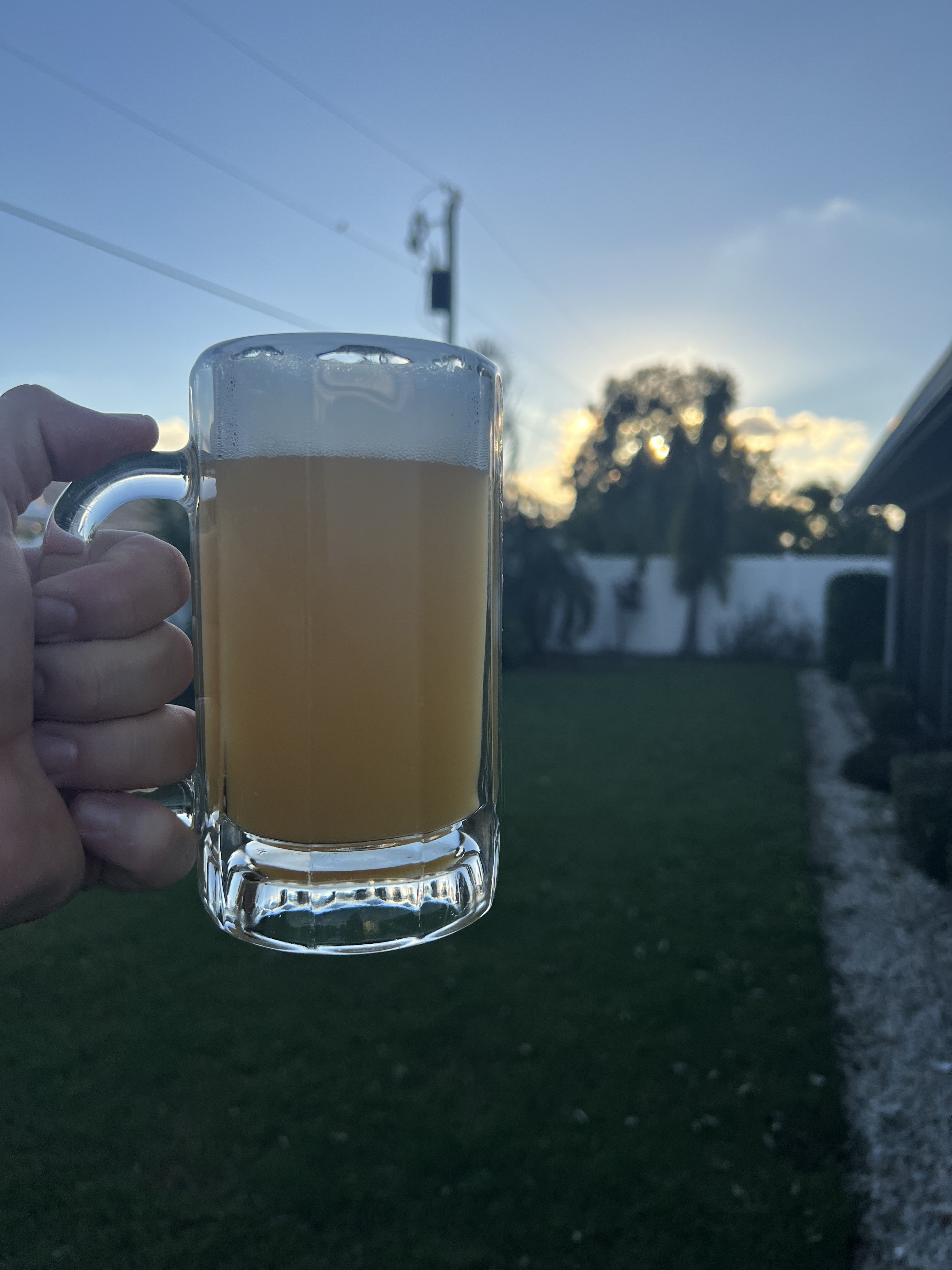The main benefit of colder dryhop temps is limiting or stop the activity of the yeast so you don’t have hop creep That ultimately leads to hop burn
Has dropping the dry hops in the middle of fermentation ("biotransformation" I believe being the goal) fallen out of favor? This question is for anyone but it was Dgallo that got me thinking about it. I see the above (yeast stops, chill, then dry hop) happening in this thread seemingly exclusively these days.
Last edited:
















![Craft A Brew - Safale S-04 Dry Yeast - Fermentis - English Ale Dry Yeast - For English and American Ales and Hard Apple Ciders - Ingredients for Home Brewing - Beer Making Supplies - [1 Pack]](https://m.media-amazon.com/images/I/41fVGNh6JfL._SL500_.jpg)










































